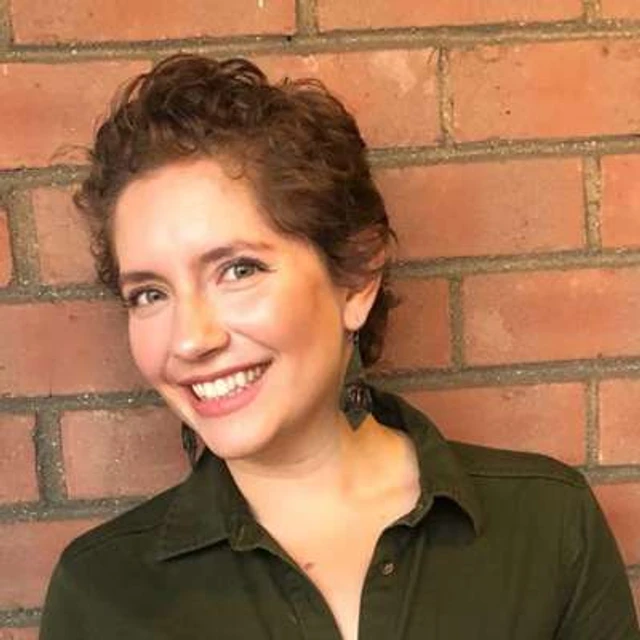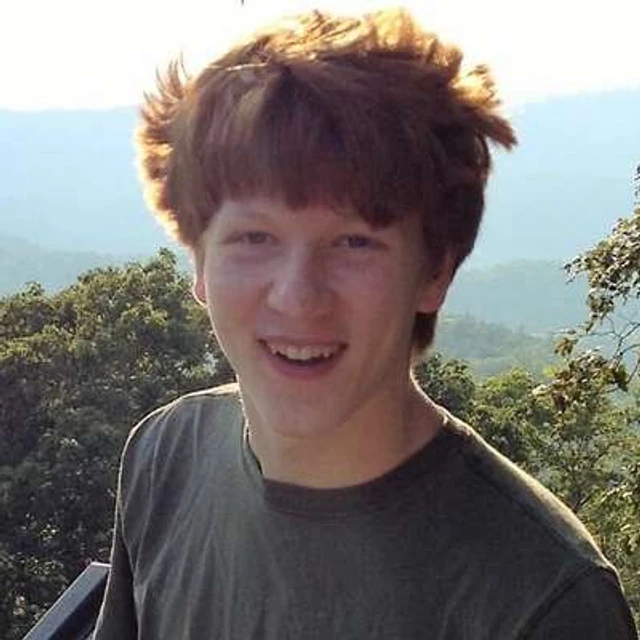
Luke
PhD
Expertise
Astrobiology, deep-sea microbiology, environmental microbiology, extremophiles, life in hypersaline environments

Polygence mentors are selected based on their exceptional academic background, teaching experience, and unique ability to inspire the next generation of innovative thinkers and industry leaders.

Astrobiology, deep-sea microbiology, environmental microbiology, extremophiles, life in hypersaline environments

Semiconductors, Manufacturing, Mathematics, 3D modeling / Design, CAD, Prototyping, Quantum Dots, Display Technology

sexuality education; research; somatic work; women's health; LGBTQIA+ health; social determinants of health; organizing/equity work/leadership skills/social change work; (experience with comparative literature, Spanish as a language, and publishing)

MBA, Supply Chain Operations, Chemical Engineering, Film Production

Biology, Molecular Biology, Genetics, Cellular Biology, Molecular systems biology, Metabolic pathways, Microbiology, Bacteriology, Virology, Oncology, Epigenetics, Extracellular Matrix, Tumor Microenvironment, Protein-Protein Interaction, Imaging and Microscopy.

AI/tech policy, international security (including arms control/nonproliferation), democracy and authoritarianism, human rights, political violence, U.S. foreign policy, international relations, gender, U.S. government. I am pretty open to working with students to make their project work for them,

Marine science: algae physiology, biogeochemistry, microbiology, nutrient dynamics, sargassum seaweed, harmful algal blooms

Biomedical Engineering, Deep Learning, Personal Finance, Website Development, Machine Learning, Statistics, Biomaterials, Biomechanics, Bioimaging, Image Processing, Nuclear Medicine, Tissue Engineering, Material Science, Disease Modeling, Cancer Research, Personal Development

Public health, reproductive health, sexual health, violence prevention, advocacy, clinical therapy

Electrical Engineering, Circuit Design, Electricity and Magnetism, Integrated Circuits, Integrated Photonics

Communication. Political Communication. Rhetoric. Political Polarization. Politics. Government.

Ecology, Evolutionary Biology, Tropical Ecosystem, Biogeochemistry, Environmental Science

Biology, Cancer Biology, Molecular Biology, Psychology, Scientific Writing, Research Methods

Plasma Physics, Magnetic Reconnection, x-rays, atomic physics, Plasma Diagnostics

Biology, Virology, Medicine, Health, Infectious Disease, Covid-19, Immunology, Anatomy, Addiction, Opioid Epidemic, Neuroscience, Animal Behavior, Psychiatry, any additional topic within health/medicine.

coral biology, environmental changes, marine ecosystems, applications of math to ecology, how ocean dynamics affect marine life, how organisms specialize for their environments, how hybridization affects the potential of species, using models to connect to real-world systems, interactions of social factors and the environment, spatial statistics projects, symbiosis, landscape genetics, microbial interactions

Ecology, Evolutionary Biology, Biology, Public Health, One Health, Zoonotic Disease, Infectious Disease, Community Health, Health Communication, Public Health Surveys, Primary Data Collection